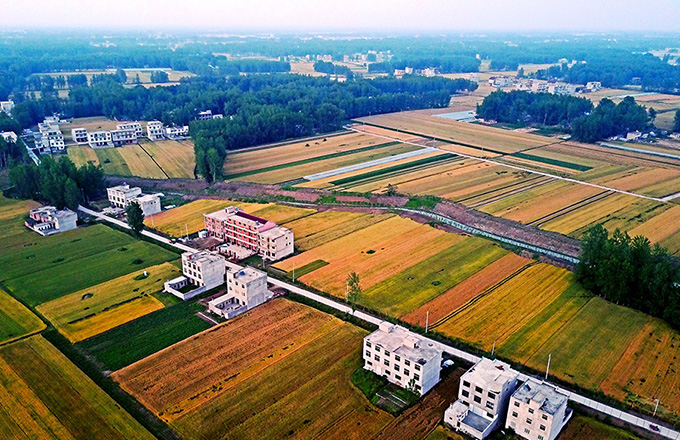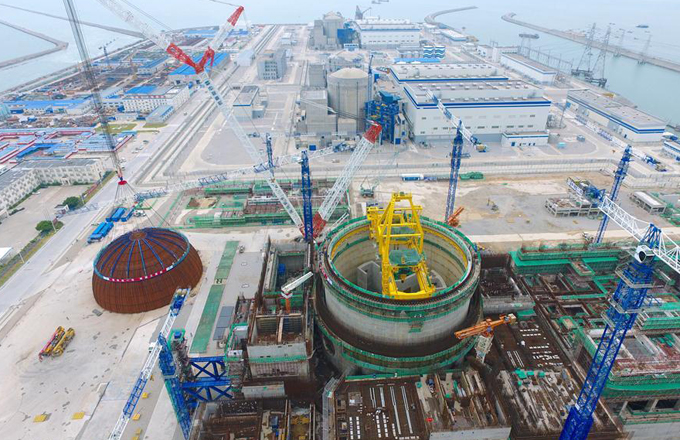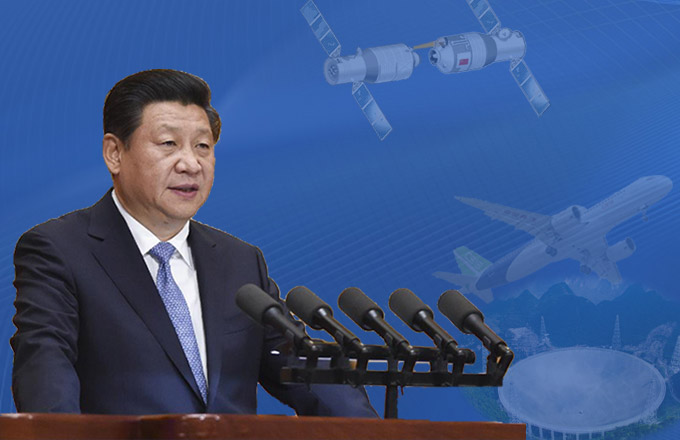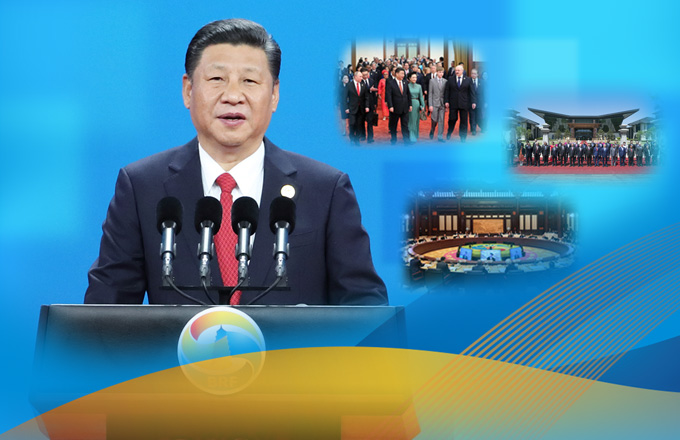Water tax promotes water-saving
Hebei, the province neighboring Beijing, has seen more water saved since it started to levy a tax on water resources about a year ago.
The province replaced water fees with the country's first pilot region for charging a water tax in July, when the State Administration of Taxation, the Ministry of Finance and the Ministry of Water Resources together released a plan of interim measures for Hebei to levy a water tax.
According to the plan, the tax, as a compulsory charge, is imposed on individuals, companies and organizations for using underground water and surface water, which includes water resources from rivers, lakes, reservoirs and snow melt water.
The experimental measures were implemented in Hebei first because for the province suffers severe water shortages.
According to a People's Daily report, Hebei is the only province in China that has no major rivers running across its land.
The volume of water resources per capita in Hebei is just one-seventh of the nation's average level, the report said.
"The reform is not to charge higher fees for using water, but for decreasing the waste of water usage and saving more water," Zhu Qingyu, the chief economist of the Hebei Local Taxation Bureau, was quoted as saying by Economic Information Daily.
According to the Bureau, taxation for domestic water is at the same level with water fees of the past, thus urban and rural inhabitants won't pay higher bills for using water.
But high-water-consuming industries, such as industrial and agricultural production, vehicle-cleaning, bath centers and golf courses, will be charged with higher taxation.
Tangshan Sanyou Group Co Ltd, a Hebei-based company producing chemical soda and fiber, used to use groundwater excessively.
The company paid 2 yuan ($0.3) per cubic meter of water in the past.
Under the new taxation policy, it must pay 6 yuan in taxes for the same volume of water.
To cut costs, the company has greatly cut its underground water usage, which now accounts for 8.7 percent of its total water usage, compared to 60 percent before.
Other major industries in Hebei, such as iron and steel, cement and chemicals have invested money to install water saving measures.
"It's necessary for more provinces and cities to start levying a water tax," Jiang Zhen, a researcher at the National Academy of Economics Strategy at Chinese Academy of Social Sciences, was quoted as saying by Economic Information Daily. Jiang said the intent for water taxation is to adjust water usage structure, save water and build an ecology-friendly development mode.
"The effects will be more obvious for regions with serious water shortage and heavy industries," he said.

























